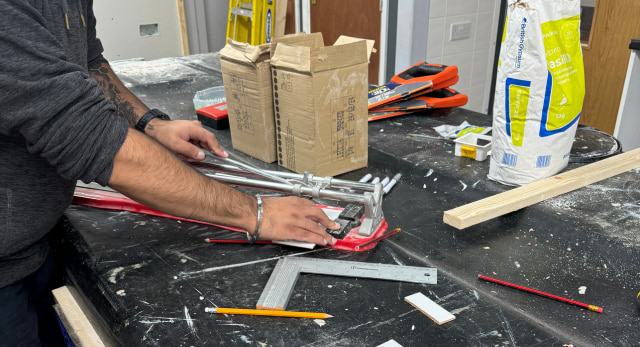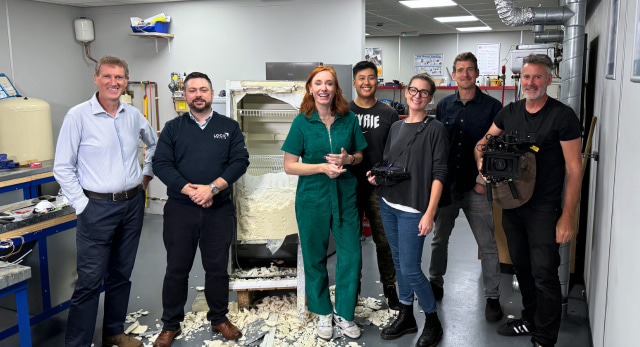Last week, the Committee on Climate Change (CCC) published a new report ‘UK Housing – Fit for the Future?’.
Many of the headlines that followed suggested that gas central heating will be banned – a concerning thought for plumbing and heating engineers, but is there any truth in this?
The report states that “UK homes are not fit for the future” and makes recommendations (only guidance for government action at this stage) as to how we can meet legal emissions targets by 2050 and prepare our housing stock for the challenges of climate change.
The report recommends that by 2025 at the latest, no new homes should connect to the gas network.
It states: “Heat pumps are the leading low-carbon option for buildings not connected to the gas grid. Together with new build properties, installation of heat pumps in buildings off the gas grid can help create the scale needed for supply chains to develop, potentially in advance of accelerated heat pump roll-out in on-gas grid properties after 2030.”
Overall, the report suggests a multi-layered approach to decarbonising heat and improving the resilience of our housing stock, incorporating hydrogen for heat, heat pumps, retrofitting old houses with insulation and other efficiency boosting measures:
“Decarbonising how we heat our homes requires a strategic approach which a) deploys low-regret options now (energy efficiency, heat pumps in homes off the gas grid and in new builds, hybrid heat pumps in homes on the gas grid, low-carbon heat networks, biomethane injected in to the gas grid) and b) builds towards strategic decisions on the future of the gas grid (and role of hydrogen for heat) in the mid- to late-2020s.
“Switching to low carbon heating must be done alongside energy efficiency, so as to size the new heating system properly and guarantee high-performing, low-energy systems. HMT and BEIS must commit to a fully-fledged heat strategy which includes a clear trajectory of standards set well in advance, funding for low-carbon heat from 2021, incentives for able-to-pay householders and a governance framework to drive decisions on heat infrastructure.”
What does the Future Hold?
We must decarbonise our heating, reduce emissions, improve the energy efficiency of our homes and find sustainable and low-impact ways to mitigate the challenges of climate change.
While gas boilers are not facing an outright ban, as some headlines would have you believe, times are changing and the heating industry is evolving in a significant and permanent way.
As a heating installer, you are part of an industry that has a big impact on the decarbonisation of our heating. It’s time to embrace the future, learn new skills and be at the forefront of this exciting heating revolution.
Download our “Ultimate Guide to Future Proof Installers” for more information about how this industry is changing and the opportunities presented by a greener future.
Fancy getting your renewables training underway? Take a look at Logic4training’s Heat Pump course.









